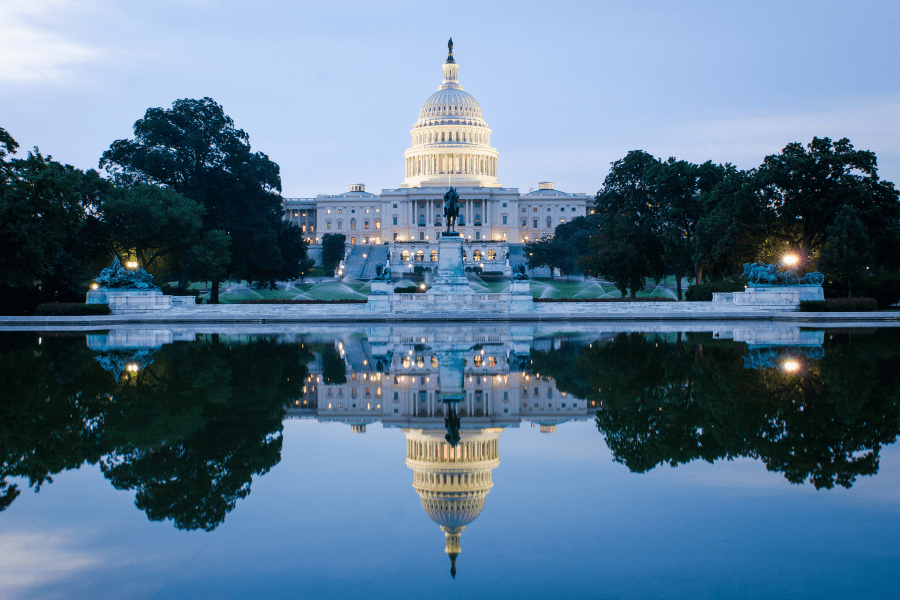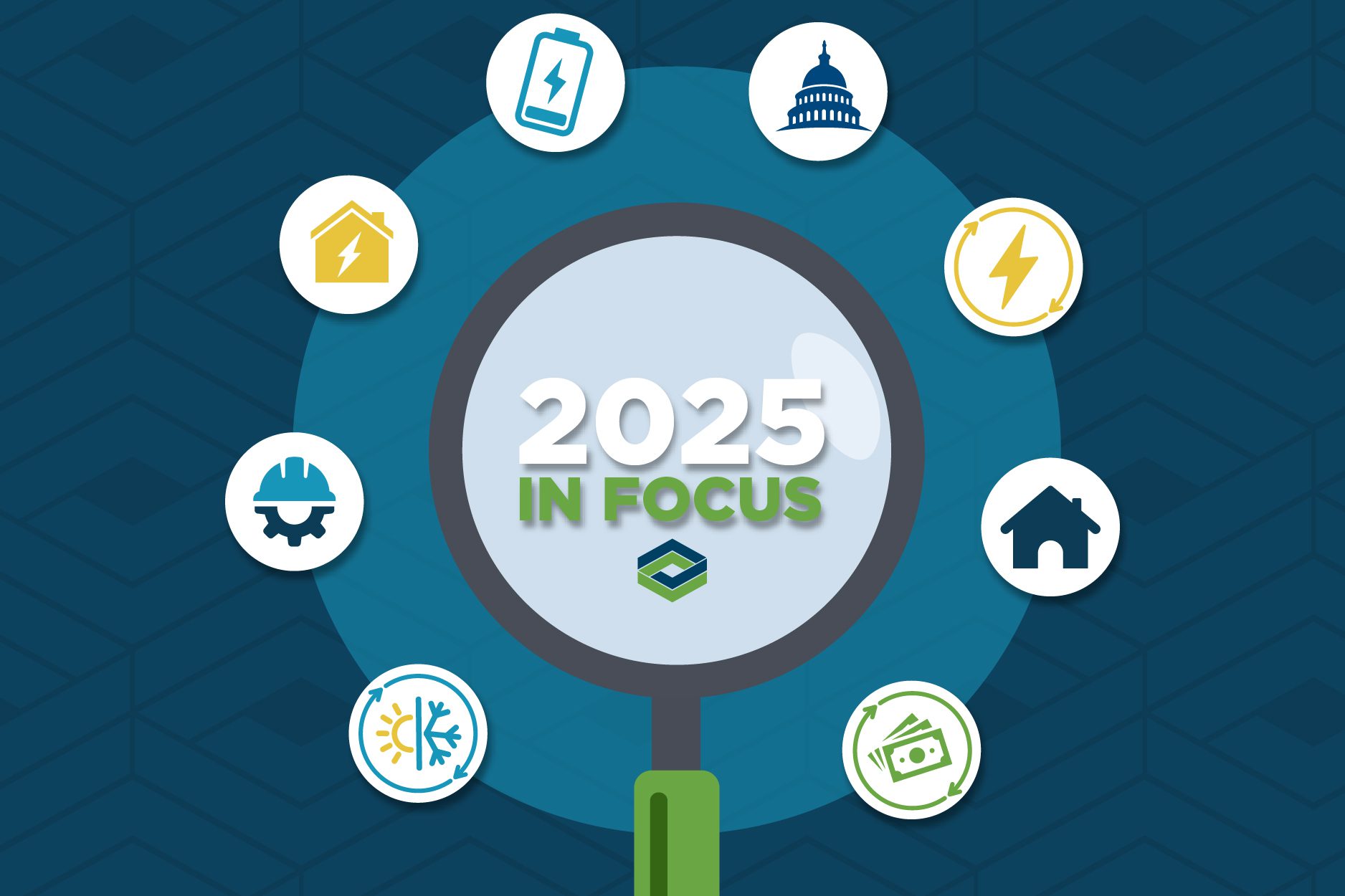Jun 24, 2022
DEEP Announces Members and First Meeting of Connecticut Environmental Justice Advisory Council
The Connecticut DEEP has formed the Connecticut Equity and Environmental Justice Advisory Council to advise them on environmental injustice, pollution reduction, energy equity, and more. The council was created in response to recommendations from the Governor's Council on Climate Change, and aims to provide opportunities for environmental justice communities to participate in decisions that could impact their health and the environment.

The Connecticut Department of Energy and Environmental Protection (DEEP) recently announced appointments to the Connecticut Equity and Environmental Justice Advisory Council (CEEJAC), a new advisory council formed to advise DEEP on current and historic environmental injustice, pollution reduction, energy equity, climate change mitigation and resiliency, health disparities, and racial inequity.
In response to recommendations of the Governor’s Council on Climate Change (GC3) Gov. Lamont signed Executive Order 21-3 in December 2021 with 23 actions implementing those recommendations, including the creation of the CEEJAC. The CEEJAC aims to provide mechanisms for environmental justice communities to have a meaningful opportunity to participate in decisions regarding the expansion or placement of certain types of facilities which, by the nature of their activity, could negatively impact public and environmental health in such communities.
You can watch a short video about CEEJAC below.
The CEEJAC will be co-chaired by Dr. Mark Mitchell, Associate Professor, Climate Change, Energy, and Environmental Health Equity at George Mason University and DEEP Commissioner Katie S. Dykes. Per Executive Order 21-3, the following State agencies are represented on the CEEJAC, including the Department of Public Health, Department of Housing, Department of Economic and Community Development, and Department of Transportation. In addition, the Executive Order calls for appointments to be made by DEEP from members of the public to on the CEEJAC to ensure representation from environmental justice communities, environmental advocacy organizations, small and large businesses, and municipalities or Councils of Government. In February, DEEP invited members of the public to apply or nominate individuals to serve on the Council and received many responses. As a result of this process, DEEP is pleased to announce the following membership of the CEEJAC:
- Dr. Mark Mitchell, MD, MPH, Associate Professor, Climate Change, Energy, and Environmental Health Equity at George Mason University, Co-Chair
- Commissioner Katie Dykes, Co-Chair, CT DEEP
- Dr. Albert Bailey Jr., Pastor, Shiloh Baptist Church- Hartford
- Maisa Tisdale, The Mary and Eliza Freeman Center for History and Community, Bridgeport
- Sharon Lewis, Executive Director, CT Coalition for Environmental Justice (CCEJ)
- Taylor Mayes, Black Environmental Activist Movement (BEAM), Hamden
- Alex Rodriguez, Climate Advocate, Save the Sound
- Adrienne Farrar Houel, Greater Bridgeport Community Enterprises, Inc., Bridgeport
- Theresa Hopkins-Staten, President Eversource Energy Foundation, VP Corporate Citizenship and Equity
- Liany E. Arroyo, MPH, CPH, Director Health of Human Services, City of Hartford
- Cierra Patrick, Economic Development Specialist, City of Groton
- Leticia Colon de Mejias, Windsor, Energy Efficiency Solutions and Green Eco Warriors
- Katharine Morris, CT Equity Now, New Haven
- Yolanda Stinson, Organizer, Bridgeport
- Commissioner Manisha Juthani, CT Department of Public Health
- Gerry Garcia, Community Development Assistant Administrator, CT Department of Economic and Community Development
- Deputy Commissioner Shante Hanks, CT Department of Housing
- Kimberly Lesay, Bureau Chief Policy and Planning, CT Department of Transportation
“Taking action on environmental justice is a priority of the Lamont Administration and DEEP, and the formation of this council is a very important step on the way to making our State more just for residents who live in communities disproportionately impacted by pollution and increasingly, the changing climate,” DEEP Commissioner, and Co-Chair of the CEEJAC, Katie Dykes said. “I thank everyone who applied to dedicate their time and talents to the CEEJAC. The perspective provided by the members of this council will be invaluable insight to apply to our decision-making at DEEP, and I look forward to working with the dedicated members of this council, who have been leaders in their respective areas and communities on environmental justice issues.”
“I’m thrilled to see this council come to fruition, and to be a part of it,” Associate Professor, Climate Change, Energy, and Environmental Health Equity at George Mason University, and CEEJAC Co-Chair Dr. Mark Mitchell said. “This is an incredible opportunity to address health and equity in our state. Environmental pollution causes negative health outcomes such as respiratory and cardiac issues, cancer, and learning disabilities, and can lead to early death. The rates of these exposures and health outcomes are disproportionately higher in urban areas and environmental justice communities, in areas where higher numbers of people of color and people with lower incomes live. This is a result of past and current environmental and other policies. Health outcomes should not be determined by where one lives. I look forward to facilitating the work of this council to bring these important environmental justice perspectives forward to our partners at DEEP as they work to develop, revise and execute environmental policies and procedures.”
Since 1993, DEEP has had an Environmental Equity Policy that “no segment of the population should, because of its racial or economic makeup, bear a disproportionate share of the risks and consequences of environmental pollution or be denied equal access to environmental benefits.” DEEP “is committed to incorporating environmental equity into its program development and implementation, its policy making and its regulatory activities.”
This long-standing commitment to equity at DEEP formed the basis of centering equity and environmental justice in environmental policy to specifically addressing the climate crisis. In the charge to GC3 in Executive Order 3, Governor Lamont called for the equitable distribution of the costs and benefits of climate mitigation, including addressing disproportionate impacts of these strategies on environmental justice communities, and the protection of vulnerable communities disproportionately impacted by the effects of climate change. The GC3 created an Equity and Environmental Justice Working Group to ensure this charge was met. This group recommended ongoing community engagement for climate planning with a commitment to recognizing existing disparities, including health and living conditions, providing communities with meaningful opportunities to participate in policy processes that address climate justice, health equity and mitigate environmental racism, and consideration of community perspectives and viewpoints.
The first meeting of the CEEJAC will take place virtually on June 28 from 5:30 to 7:30 p.m. Members of the public are encouraged to attend by registering here.
DEEP will continue to consider additional nominations to the CEEJAC, and there will be opportunities to participate in the CEEJAC via yet-to-be established working groups. Anyone who is interested in these opportunities should contact Edith Pestana, DEEP’s Environmental Justice Program Administrator, at Edith.pestana@ct.gov.
More information about the CEEJAC can be found on the DEEP Connecticut Equity and Environmental Justice Advisory Council webpage (http://portal.ct.gov/DEEP-CEEJAC).





